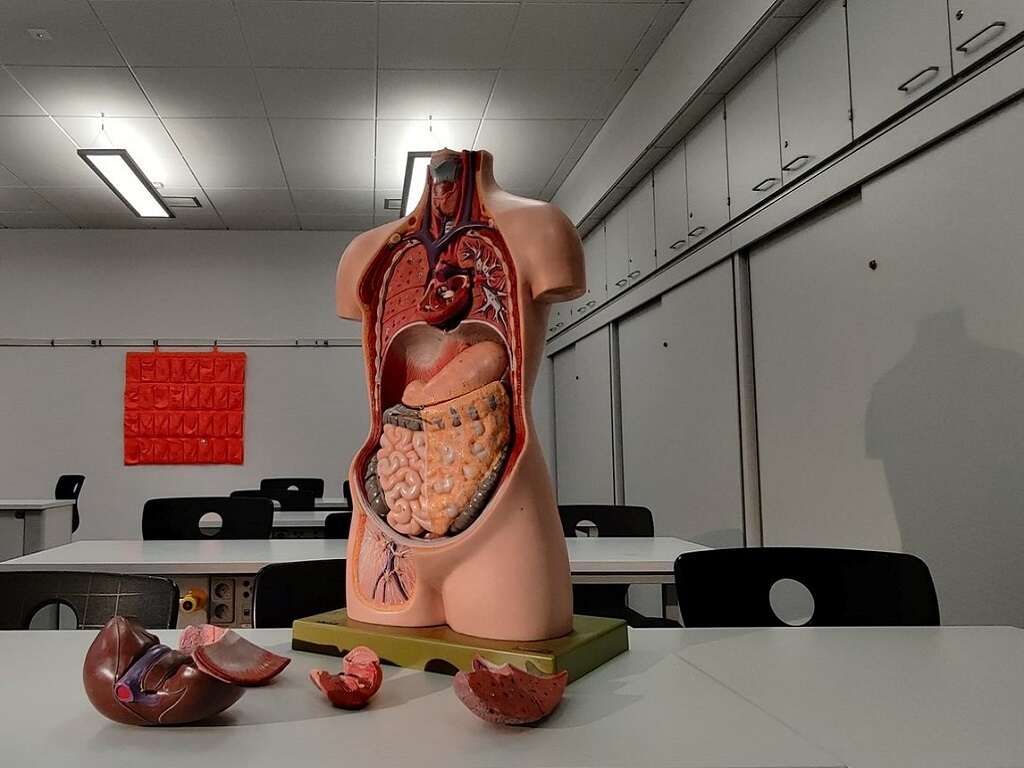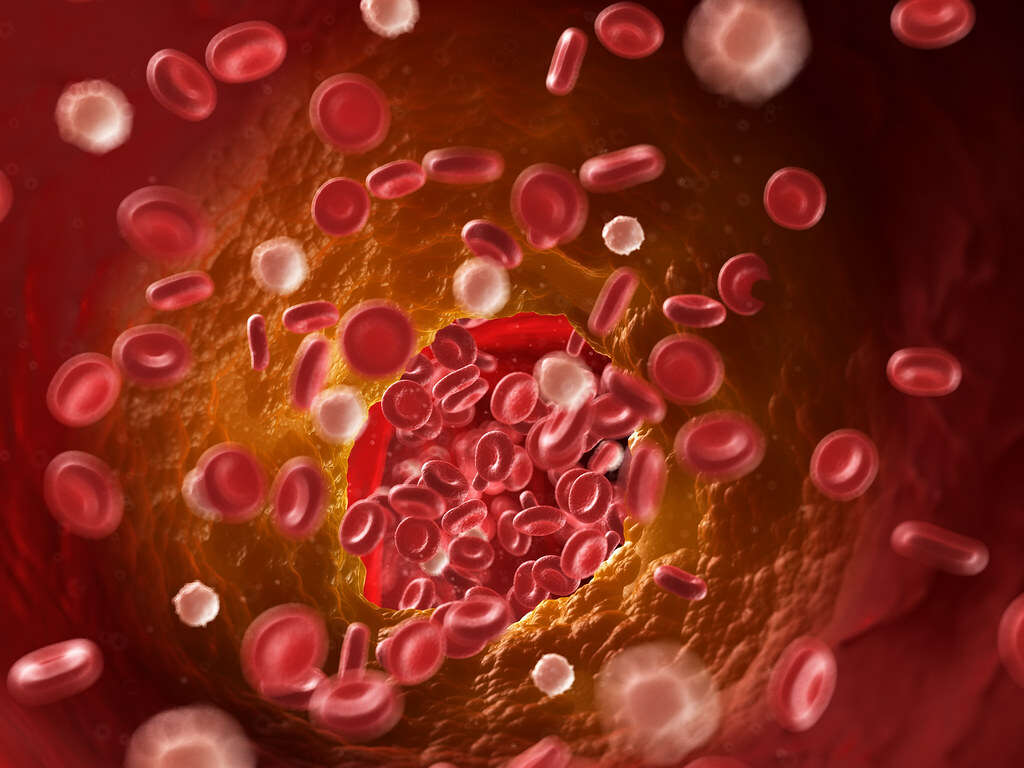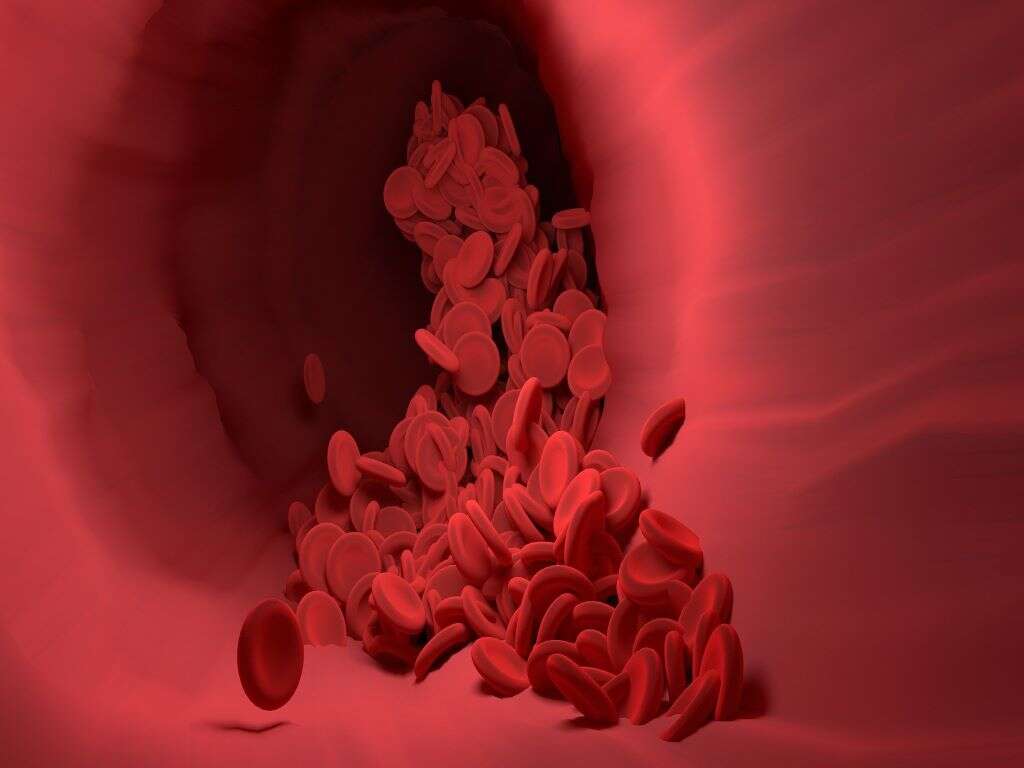10 Symptoms of Compartment Syndrome
Our muscles are found in groups that are known as compartments. These compartments are covered in a tissue that we know as fascia. This tissue is quite tough and has the job of containing the muscle group. It is not flexible and does not expand or stretch with ease.
If you pick up an injury then you may experience internal bleeding within a compartment. Due to the tough and inflexible nature of fascia, this bleeding can lead to considerable pressure building up within the compartment. This can be very painful and can lead to a range of other symptoms.
Compartment syndrome is potentially fatal and is something that should be taken seriously. Below are 10 symptoms of compartment syndrome to look out for.

Symptom #1: Persistent Pain
Aches and pains are a part of life. We can wake up in the morning with unexplained pain in part of our body and it can disappear just as mysteriously as it arrived. If you have a pain that persists, though, then it could be a sign of something potentially serious.
One symptom of compartment syndrome is feeling a new pain that comes on quite suddenly. What’s more is that the pain will remain, unlike other pains that will come and go. If you have a persistent pain anywhere in your body, you should make an appointment with a doctor to get it checked out.
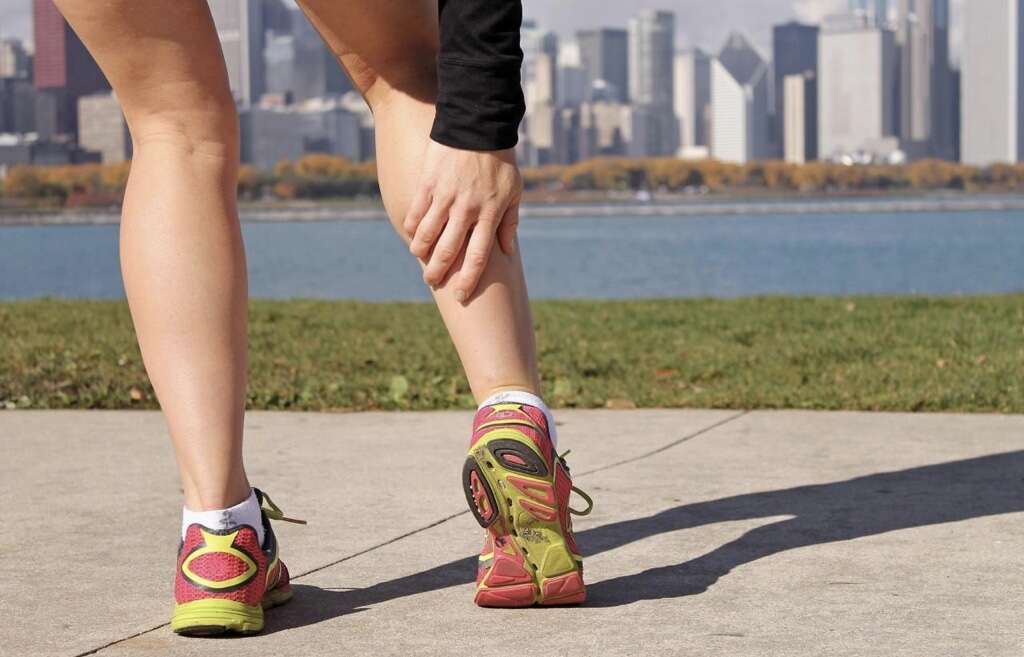
Symptom #2: Paresthesia
We have a system of nerves that run throughout our bodies. These nerves help with telling us what is around, alerting us to dangers or anything else that we should be aware of. These nerves send information back to the brain, which then enables us to act accordingly. If the nerves are affected, though, then we can experience unusual sensations.
Paresthesia is a condition that causes us to feel unusual sensations even when there is nothing to cause them. In cases of compartment syndrome, this is caused when the nerves are pinched or squeezed due to the limited space. Patients say they experience sensations such as burning, tingling, or numbness.

Symptom #3: Severe Pain
Any injury is likely to cause some degree of pain. Even the smallest of cuts and scratches can cause some discomfort, although they should pass before too long. Of course, larger injuries are likely to cause more pain, but some injuries can be more painful than you might expect.
Compartment syndrome is often caused when an injury takes place. Patients that do develop compartment syndrome are likely to experience pain that is considerably greater than they would expect for the injury they have received. Such pain should encourage you to go to a doctor to find out what the problem is.

Symptom #4: Difficulty Moving
Injuries are fairly likely to limit our mobility to some degree, depending on the nature of the injury. Quite often, the pain alone can be enough to limit our mobility. An injury could also limit our mobility physically, especially if ligaments or muscles have been damaged. Your mobility can also be restricted if you have compartment syndrome.
Patients with compartment syndrome will often find it difficult to move certain parts of their body. Even if there is no pain, moving as they want to can sometimes simply be beyond them. If you are experiencing such a loss in mobility, you should arrange to speak with a doctor to find out what the cause is.
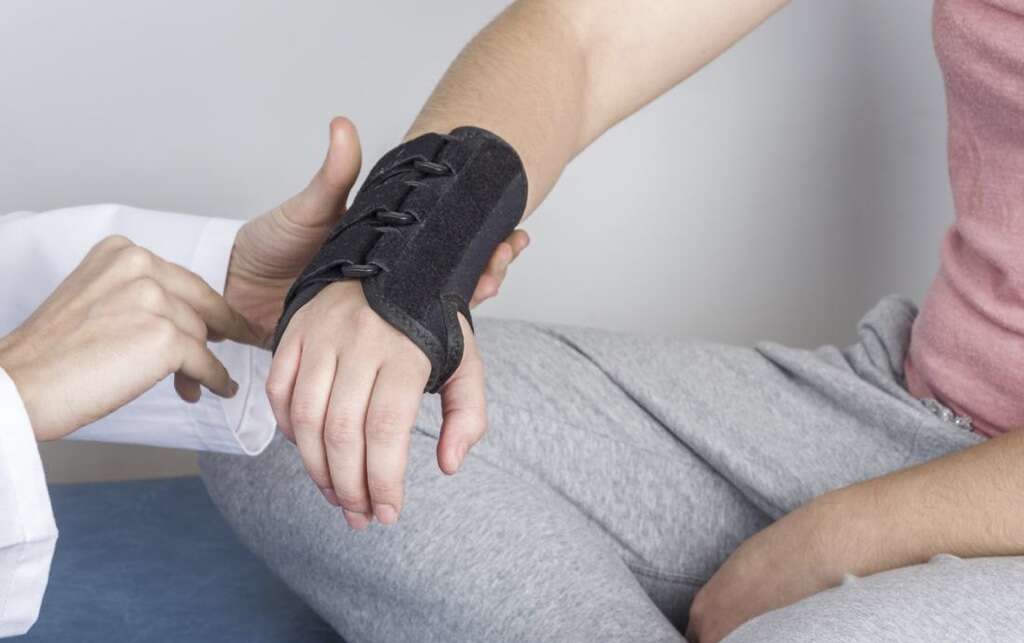
Symptom #5: Muscle Tightness
Athletes are quite likely to know all about stiffness in the muscles. It is something that is likely to occur when they are not in particularly good physical shape. It can sometimes take some rest, or maybe a good massage, to release the tightness. If you have compartment syndrome, tightness of the muscles is a common symptom.
This tightness can be uncomfortable and can also restrict the patient’s movement. Patients can also experience bruising in the area and also possibly swelling. It is something that you should arrange to get checked out by a medical professional if the symptoms persist.

Symptom #6: Muscle Bulging
Many people like to work out with an emphasis on lifting heavy weights. This helps them to grow their muscles, and some people can become very muscly indeed. This is often done for sports, while some people just like to do so for aesthetics. While bulging muscles are often seen as a good thing, they can also be a sign that something is wrong.
Compartment syndrome can cause the patient’s muscles to bulge more than they should when relaxed. This can be visibly noticeable, even in people that do not work out regularly. It is a clear sign that something is probably wrong and should encourage you to get it checked out.

Symptom #7: Distended Abdomen
Many of us have rather large bellies. This is generally down to the belly being a place where excess fat is stored. If we take in too many calories and/or don’t exercise enough then these extra calories get converted into fat for energy storage. However, a big belly is not always down to eating and exercise habits.
A distended abdomen can also be caused by other things, including compartment syndrome of the abdomen. It can feel tense and tight, almost as though the patient is bloated, even when they are not. It can also be quite painful should anybody push down on their belly.

Symptom #8: Low Blood Pressure
Our blood vessels will carry blood throughout the body, even to the extremities. The blood is constantly pumped throughout the body by the heart while there are also other functions that help ensure that blood flows smoothly throughout. If the flow is impeded in one area, though, then it can affect the flow of blood elsewhere.
The high pressure caused by compartment syndrome can squeeze and even block blood vessels passing through the area. This will affect the blood’s ability to flow through as it needs to and this can cause low blood pressure beyond the affected area. In severe cases blood pressure may also lower due to blood no longer being within the circulatory system and rather within the compartment itself. Any issue with your blood pressure is something that should be checked out.
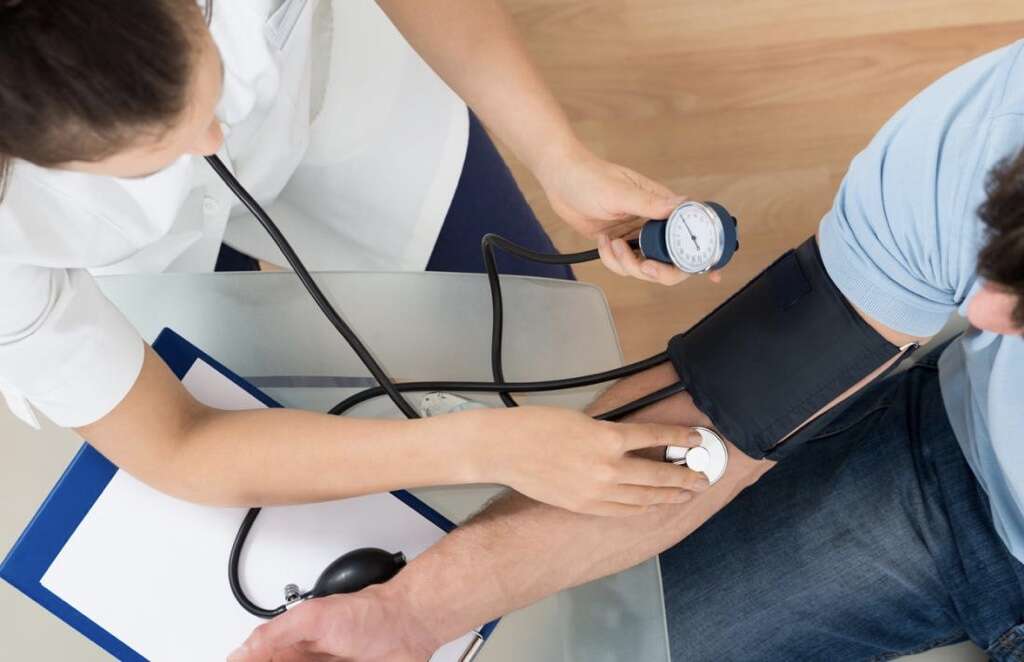
Symptom #9: Decreased Urination
All of us need to urinate a few times or so every day. How much will depend largely on how much you are drinking and some other factors. Certain conditions, however, might cause us to urinate less often than we normally would. One such condition is compartment syndrome in the abdomen.
Urine is formed in the kidneys, where it is then stored in the bladder. If the functioning of the kidneys is affected, though, then less urine is likely to be produced. This, in turn, will mean that the patient will need to make fewer trips to the bathroom. Kidneys that are not functioning properly is not a good sign and is something you should get checked out.

Symptom #10: Paralysis
Most of us are fortunate enough to be born with the full function of the muscles in our body. This is very important to us as it allows us to move, while muscles also help with other functions in the body. There are certain illnesses, though, that can cause us to lose the ability to move our muscles.
The pressure caused by compartment system can lead to physical damage to the nerves and muscles. This can lead to paralysis of the muscle, and this will usually indicate permanent damage. Such symptoms are a sign that the condition is at a very serious stage and that you should seek emergency medical assistance if you have not done so already.




